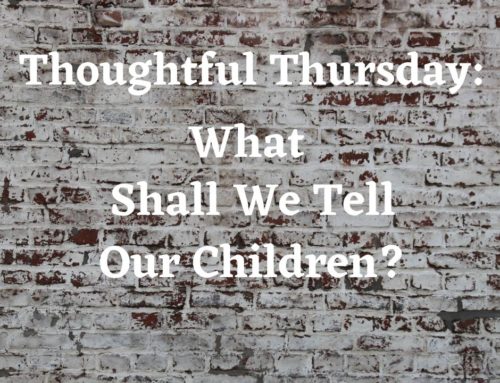Today’s first education issue in the news comes from The New York Times, courtesy of Avram Barlowe. Avram is a co-founder of The Urban Academy, a New York City public high school nationally recognized for its commitment to pedagogical innovation, academic rigor and its diverse, engaged student body. He has taught history and social studies courses for more than thirty years and specializes in training and mentoring teachers. Avram has been a friend of GCP since its inception and we welcome his contributions to this blog. He recently sent us the following tidbit:
* * * * *
Here is an important piece from Michael Winerip, the New York Times’ best education reporter:
The City University of New York’s community colleges traditionally place unskilled high school graduates in remedial courses where many of them stay for several semesters and then drop out. CUNY has now created an intensive remediation semester focused on reading, writing and math that is having a much higher success rate than its traditional remediation courses.
There are two interesting and important aspects of this program. First, the program costs $75. A student taking one to three traditional remedial courses — depending on how many placement tests they have taken — at a CUNY community college pays about $1,800 to $2,000 for that privilege, although they receive absolutely no credit for passing remedial courses.
Second, the program, know as START, focuses on depth rather superficial coverage and does not teach to the test. The teachers ask open ended questions. “In math in high school if you got called on to answer a problem and gave no answer, the teacher moved on,” said Pedro Vargas, a 2011 graduate of Richmond Hill High in Queens. “Here they keep asking, they want you to explore.”
START instructors, many of whom do not have traditional academic backgrounds, use innovative methods to teach their classes. The article explains,
Sarah Eisenstein, who teaches reading and writing, worked in adult education. One day last week she did a lesson on interpretation versus text-based evidence, using a short story by Nicholasa Mohr. She had numbered each of the 74 paragraphs beforehand, making it easier to cite and follow evidence.
Ms. Eisenstein does not feel obliged to talk when it gets quiet. “So they fill the silence,” she said. “It takes a lot of practice.” And while she works to prepare them for the tests, she does not do test prep. “For us, the depth is more important than the breadth.”
* * * * *
The article can be found here. Thanks, Avram!
An article in Tuesday’s Wall Street Journal answers one of the questions parents commonly ask: “What Is the Best Way To Study“? The article, found here, provides a collection of research on the best study techniques.
Researchers have found that some of the ways students can study most effectively include: reviewing the hardest material right before bedtime, turning off music, text messages, television and email while studying, testing themselves repeatedly, and developing methods to stay calm optimistic and focused during exams.
A very informative article well worth reading and discussing with your son. If your son is old enough to understand and absorb it on his own, make sure that he reads it too!





